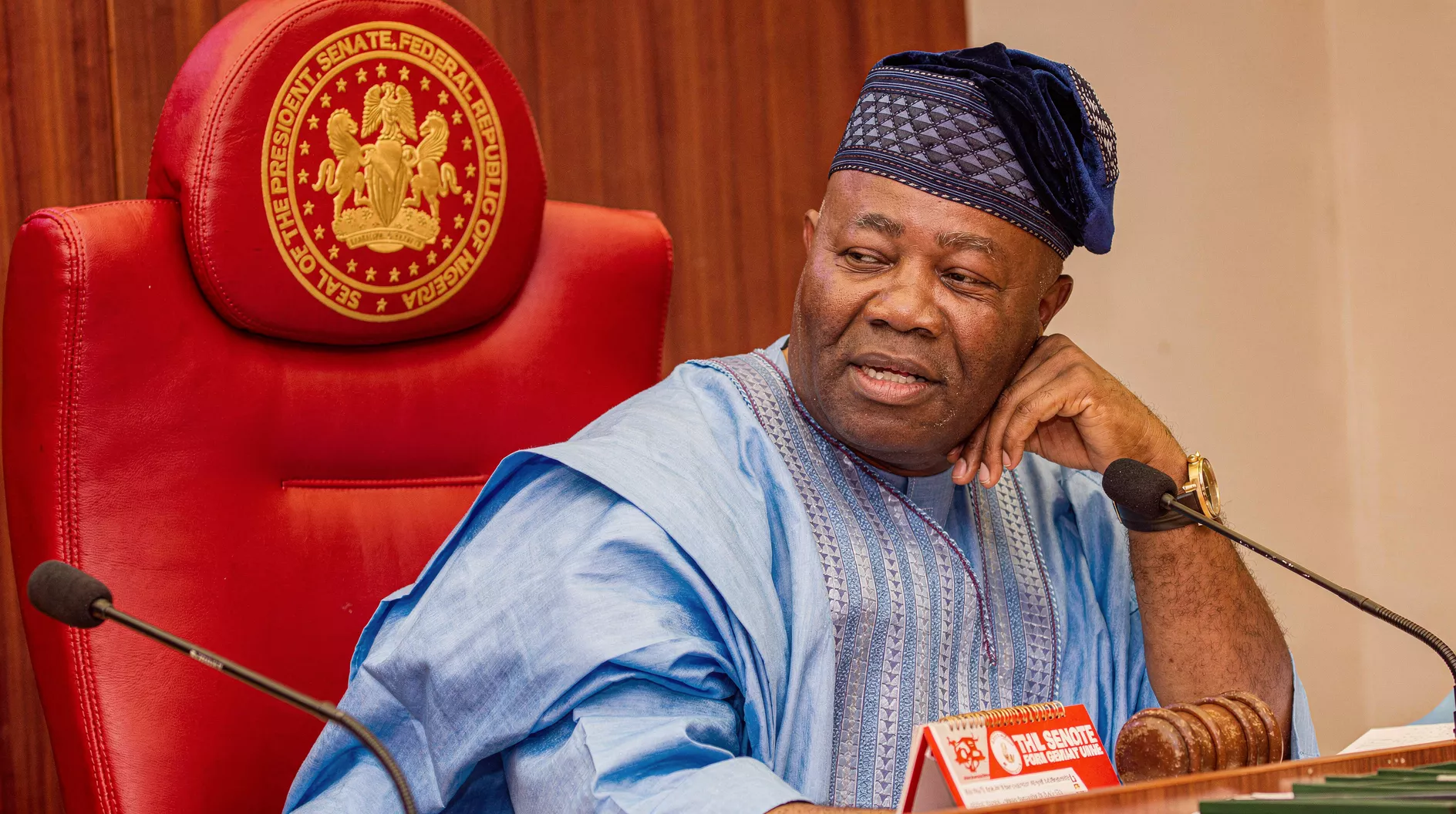.Push for global energy transition dominates second week
THE United Nations and world leaders have issued their strongest warning yet that the Paris Agreement risks falling behind the rapidly escalating climate crisis, urging governments to accelerate implementation and deliver tangible results.
As the 30th Session of the Conference of the Parties to the UN Framework Convention on Climate Change (COP30 UNFCCC) entered its political phase in Belém, Brazil, pressure mounted on parties to move beyond slow-paced negotiations and drive a faster global energy transition, with officials insisting that further delays are no longer tolerable.
UNFCCC Executive Secretary, Simon Stiell, and Brazil’s Vice President, Geraldo Alckmin, led the charge, telling ministers and negotiators that the coming decade must mark a decisive shift from commitments to delivery. Their intervention came against a backdrop of widespread concern that progress under the Paris Agreement was not keeping pace with intensifying climate impact across regions.
Alckmin warned that the world had reached a critical point, saying incremental steps would no longer protect vulnerable communities or safeguard global stability.
“This must be the conference of truth, of implementation, and above all, of responsibility. We must all act in such a way that every decision made in the present political, economic, industrial or environmental level contributes to preserving the conditions for life on earth, protecting biodiversity, and ensuring justice between generations,” he said.
He further stressed that action could no longer be postponed, noting that the time for promises had passed as every fraction of a degree in additional global warming places lives at risk, exacerbates inequality, and deepens losses for those least responsible for the crisis.
“This COP must mark the beginning of a decade of acceleration and delivery, the moment when rhetoric gives way to concrete action, and when all parties move from setting targets to fulfilling them,” he added.
Stiell echoed that message as he urged delegates to avoid deferring major decisions to the final hours of the talks, reminding them that COP30’s political phase must be focused on results. “I urge you to swiftly engage with the most challenging issues.When these matters are deferred, we all lose.
Tactical delays and procedural obstructions are no longer tenable. The time for formal diplomacy has passed. Now is the moment to roll up our sleeves, unite and deliver.”
Highlighting the broader context of stalled multilateralism and geopolitical division, Stiell called for renewed solidarity. “The Paris Agreement is humanity’s only way to survive this global climate crisis, and to spread the vast benefits of climate action to all nations,” he said, emphasising that climate cooperation must stand firm in a fractured world.
Brazil used the platform to highlight its own transition leadership.
Alckmin said the country holds the most renewable energy mix among major economies and remains a pioneer in biofuels and bioenergy.
He also pointed to the Belém 4X Commitment backed by 25 countries and international organisations aimed at quadrupling sustainable fuel use by 2035.
He added that Brazil is leading efforts to create the Global Coalition on Regulated Carbon Markets, which will establish common standards and link international carbon trading systems.






